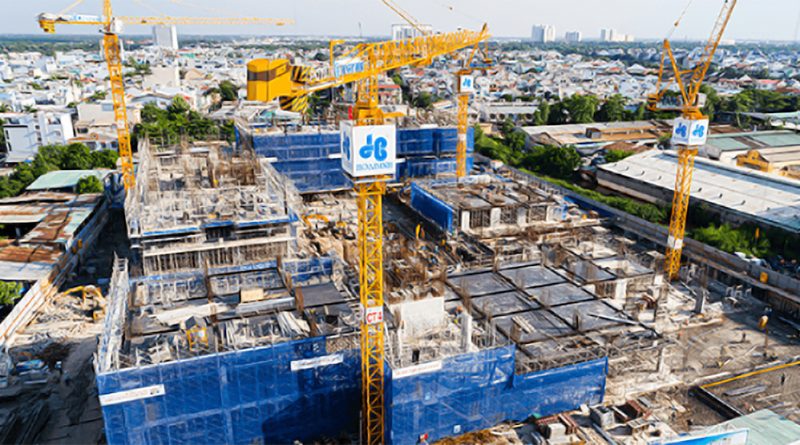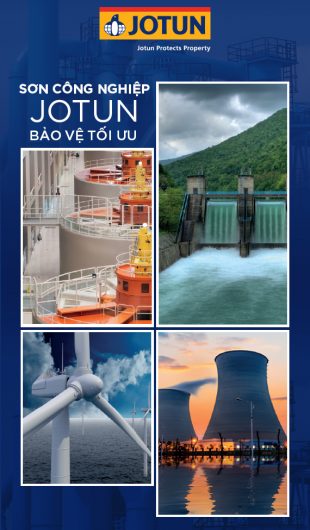Legal framework should support construction firms
Legal framework should support construction firms, according to Nguyen Quoc Hiep, Chairman of the Vietnam Association of Construction Contractors.

Cumbersome legal requirements are one of the biggest challenges for Vietnamese construction companies, said Nguyen Quoc Hiep, Chairman of the Vietnam Association of Construction Contractors in an interview with VN Economy.
Have you found any contradictions in legal documents in the construction field?
It is rather common in Vietnam that one issue is subjected to the adjustment of several laws. This leads to the problem of contradictions and overlapping between these laws. For example, the Ministry of Construction is tasked to build the Construction Law, the Ministry of Natural Resources and Environment is in charge of the Land Law, while the Ministry of Planning and Investment makes the Investment Law.
Such a practice has led to problems in the course of implementation. Under Vietnamese law, all public investment projects are subjected to the jurisdiction of the Law on Public Investment while the Construction Law governs both the use of the State Budget and financial resources from other agencies. Of course, the Construction Law is strongly related to the Housing Law, the Investment Law, the Land Law and others.
Does the Viet Nam Association of Construction Contractors help enterprises solve their problems?
We have sent a petition to the National Assembly and the Government asking them to review all laws related to construction to avoid overlaps between them. All we want is harmonisation in all related laws. We want Investment Law to be more comprehensive. Of course, the Construction Law must be synchronised with relevant laws, including the Investment Law, the Law on Public Investment, the Law on Tendering, the Housing Law and the Land Law.
At present some 60% of investment in the construction sector comes from different financial resources – not only the State budget. That’s why contracts should have a provision to guarantee fair treatment among all signing parties.
What’s more important, the projects should commence the construction work when the project budget has been settled fully. This will avoid outstanding debt problem in many construction projects in Vietnam nowadays. In some projects, 75-80% of the construction work was finished, yet they didn’t have the money to finish the projects.
According to statistics, the revenue of many construction enterprises has been shrinking. Do you know why?
Revenues of most of the Vietnamese construction enterprises have dropped considerably as they don’t have new projects to do.
Of course, the revision of the construction law has also contributed to the drop in the number of construction projects, particularly Decree 60 which orders the review of all projects, including those using public land.
From the point of view of the Viet Nam Association of Construction Contractors, we want the Government to overhaul the country’s real estate market to make it operate with more transparency and accountability.
What do you say to those who say Vietnamese construction firms are weak in today’s competitive market?
Recently, Vietnamese private construction companies have gained more experience and have taken part in many big construction projects – both at home and abroad, including the Landmark 81 building with 81 stories.
The Landmark 81 project is an example. The owner of the building is VinGroup – a private Vietnamese investor. Under Vietnamese law, the construction of tall buildings must go through international bidding. In spite of intense competition from foreign companies, Coteccons, a Vietnamese construction company, won the contract.
Source: vietnamnet.vn









